Apr 2, 2024 12:59 PM
Saxophonist, Sonic Explorer Casey Benjamin Dies at 45
Casey Benjamin, the alto saxophonist, vocalist, keyboardist and producer who stamped his distinctive sounds on the…
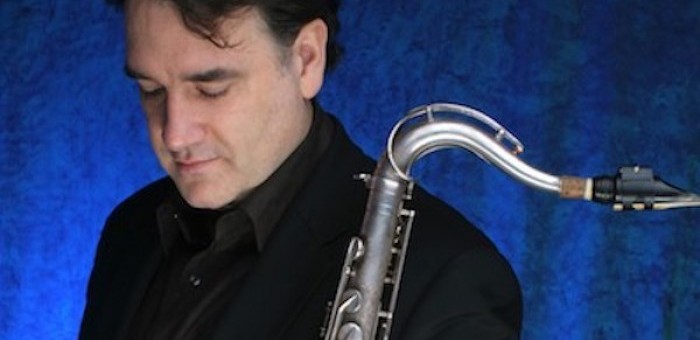
Mike Allen
(Photo: Courtesy of the artist)Throughout his career, Western Canadian Music Award-winning saxophonist Mike Allen has resided in multiple cities, ranging from New York to Montreal to Vancouver, and his credits as a sideman include stints with musicians as diverse as Cedar Walton, Kenny Wheeler, Gary Bartz and Chuck Israels.
Allen was a member of Canadian jazz guitar legend Sonny Greenwich’s band from 1990–’95, and was a sideman on Michael Bublé’s Grammy-winning 2009 album, Crazy Love. His past album, Fearless, was among those listed by Jim Wilke (host of NPR’s Jazz Northwest) as the top albums of the Pacific Northwest.
Allen was Director of Jazz Studies at Western Washington University for several years and has been mentored by jazz greats like Joe Henderson and Joe Lovano. His sublimely deep album A Hip Cosmos (Almus) topped Canadian and U.S. radio charts. Having gifted fans with double releases in 2012 and 2014, he will once again release two albums in 2017. DownBeat spoke to Allen from his home in Vancouver about his upcoming release, Bob’s Piano, as well as his thoughts on composing and being “in the zone.”
You just recorded a tribute album, Bob’s Piano, which honors Vancouver pianist Bob Murphy. Tell me about the new album and why it is special.
There are a handful of tracks on the album of me playing with Bob, from informal sessions we recorded in his home studio a few months before he died in late 2015. So these are some of Bob’s last recordings. The rest of the tracks are of me and pianist Miles Black. Miles and I both have strong connections to Bob. Bob was the first pianist I played with when I arrived in Vancouver 21 years ago. He invited me to join him on his weekly duo gig at Carnegie’s, less than two weeks after I arrived on the West Coast.
Miles has always said that Bob was a huge influence on his playing, and you can hear that in the way he plays Bob’s tunes on this album, kind of channeling Bob’s sound at times. It’s a labor of love for all of us. After hearing the two different piano duos side by side, it just fit together, there’s just a lot of love and respect on there.
How do you approach the composition process?
Compositions are the life-blood. They provide the direction for my improvisations and for my group music. They help me decide who is right to have in my group. Whatever kind of a night of music it’s going to be really depends on the compositions. What to practice and how to study the instrument depends on what is needed to get the most of the improvisations on those compositions, so they become the central part of my whole artistic endeavor.
I feel like I am trying to “find” a song that sends shivers up your neck and at the same time tells a slightly different story of what’s beautiful in tonal music. It requires a lot of patience and skill, but also just a lot of desire to go in that direction. So I try to create tunes that allow for that. I try to write tunes that mean something to me and that I think are going to hold up to time.
You often speak about being musically centered and playing “in the zone.” What does that mean for you?
It’s really about being one with the instrument, but then it’s also finding that particular sound that feels necessary on whatever song you are playing. Getting in the zone is about transcending the formalities of music-making, eventually leading to the part where you play something essential, something that carries some actual weight, you know some meaning. I think being in the zone is about overcoming the technical issues of the instrument, and when you can do that, then you are able to stay centered with what you are trying to achieve in terms of sound.
Do you have any future projects? What are you interested in moving forward?
In terms of different kinds of projects, perhaps some larger group stuff that’s a little more far-reaching and experimental in nature, but I haven’t written any music for that yet. Right now I feel creatively challenged enjoying sharing the journey with the incredible people in my musical community. DB
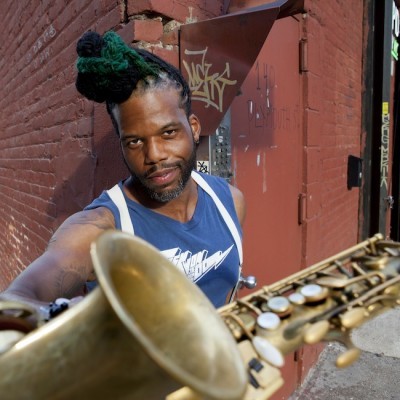
Benjamin possessed a fluid, round sound on the alto saxophone, and he was often most recognizable by the layers of electronic effects that he put onto the instrument.
Apr 2, 2024 12:59 PM
Casey Benjamin, the alto saxophonist, vocalist, keyboardist and producer who stamped his distinctive sounds on the…
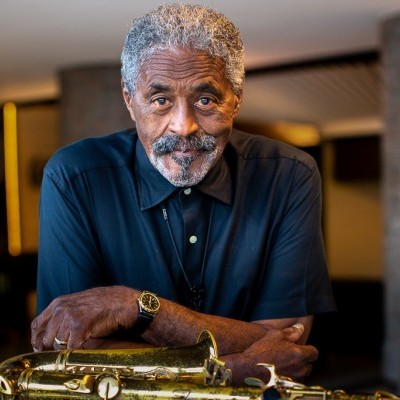
“He’s constructing intelligent musical sentences that connect seamlessly, which is the most important part of linear playing,” Charles McPherson said of alto saxophonist Sonny Red.
Feb 27, 2024 1:40 PM
“I might not have felt this way 30 to 40 years ago, but I’ve reached a point where I can hear value in what people…
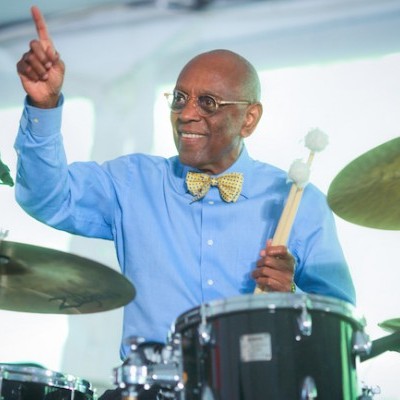
Albert “Tootie” Heath (1935–2024) followed in the tradition of drummer Kenny Clarke, his idol.
Apr 5, 2024 10:28 AM
Albert “Tootie” Heath, a drummer of impeccable taste and time who was the youngest of three jazz-legend brothers…
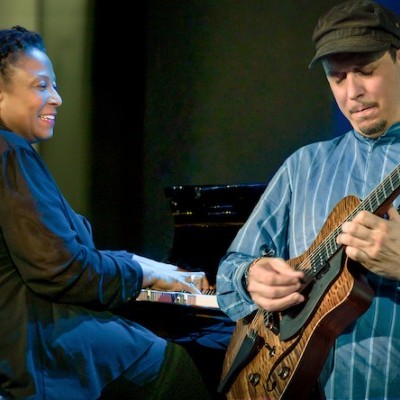
“Both of us are quite grounded in the craft, the tradition and the harmonic sense,” Rosenwinkel said of his experience playing with Allen. “Yet I felt we shared something mystical as well.”
Mar 12, 2024 11:42 AM
“There are a few musicians you hear where, as somebody once said, the molecules in the room change. Geri was one of…
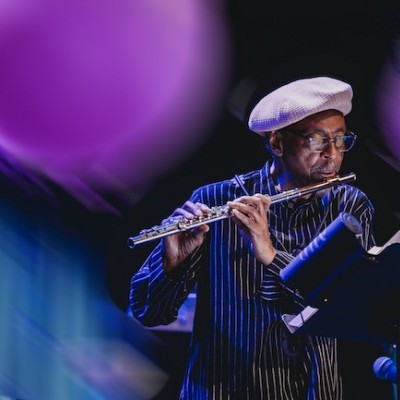
Henry Threadgill performs with Zooid at Big Ears in Knoxville, Tennessee.
Apr 9, 2024 11:30 AM
Big Ears, the annual four-day music celebration that first took place in 2009 in Knoxville, Tennessee, could well be…